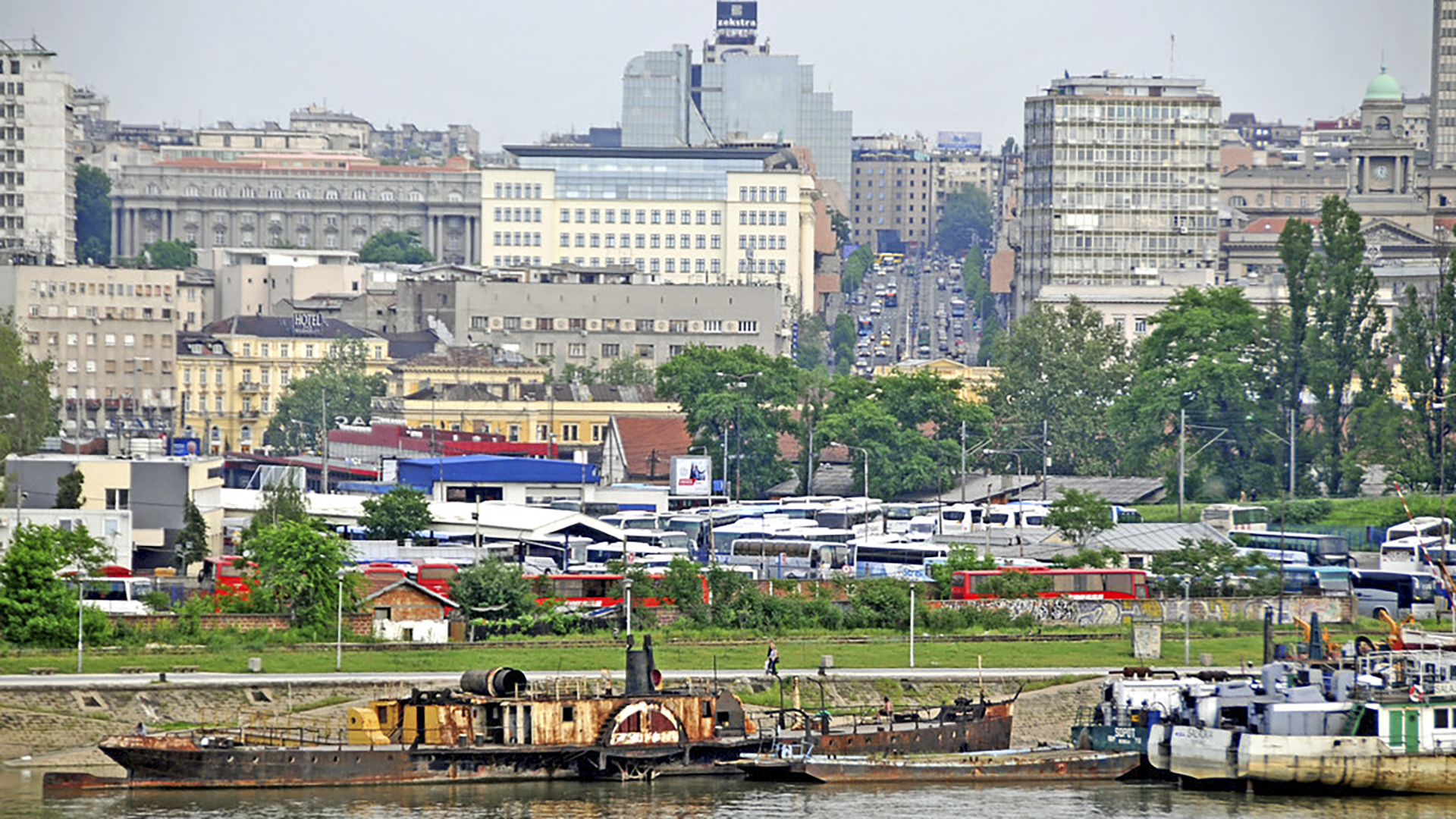
Belgrade's best shot
The elections in April could be the beginning of change in Serbia.
In the upcoming elections in Belgrade, the opposition will offer at least two lists with a chance of achieving good results.
If both lists attain good results, Vučić's party could lose Belgrade after many years in power.

Dario Hajrić
Dario Hajrić writes opinion pieces and analyses on the topics of social power, violence, the political class and the media. He cooperates with Deutsche Welle and the portal Remarker.
DISCLAIMERThe views of the writer do not necessarily reflect the views of Kosovo 2.0.
This story was originally written in Serbian.